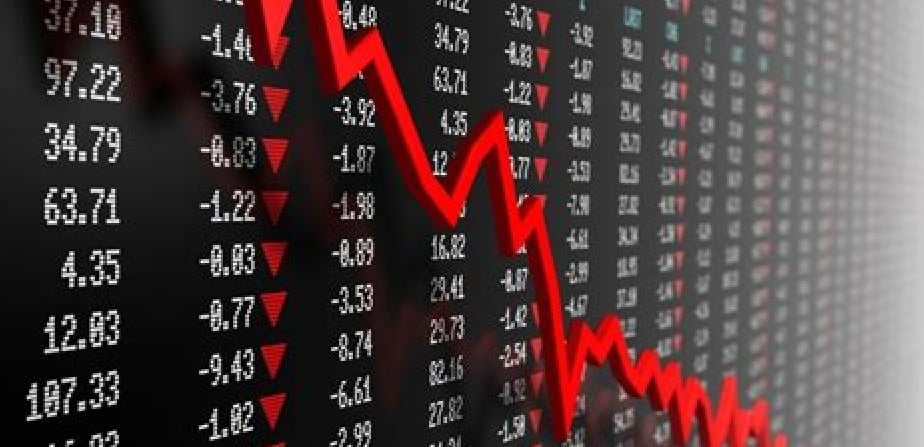
The UK financial crisis showed that overspending ultimately will impact and meltdown an economy. The Biden Administration is finally asking whether its policies could cause the same result.
The Biden Administration is finally asking whether its actions could cause a market meltdown like what just occurred in the UK. The New York Times reports on the US reaction to the economic meltdown that recently occurred in the UK. [emphasis added]
Advertisement – story continues below
Federal Reserve researchers and officials quizzed experts from Wall Street and around the world last week about a pressing question: Could a market meltdown like the one that happened in Britain late last month occur here?
The answer they got back, according to four people at separate institutions who were in such conversations and who spoke on the condition of anonymity to describe private meetings, was that it probably could — though a crash does not appear to be imminent. As the Biden administration did its own research into the potential for a meltdown, other market participants relayed the same message: The risk of a financial crisis has grown as central banks have sharply raised interest rates.
The Bank of England had to swoop in to buy bonds and soothe markets after the British government released a fiscal spending plan that would have stimulated an economy already struggling with punishing inflation, one that included little detail on how it would be paid for. Markets lurched, and pension funds using a common investment strategy found themselves scrambling to adjust, prompting the central bank’s intervention.
While the shock was British-specific, the violent reaction has caused economists around the world to wonder if the situation was a canary in a coal mine as signs of financial stress surface around the globe.
Advertisement – story continues below
Officials at the Fed, Treasury and White House are among those trying to figure out whether the United States could experience its own market-shuddering meltdown, one that could prove costly for households while complicating America’s battle against rapid inflation.
Administration officials remain confident that the U.S. financial system is unlikely to see such a shock and is strong enough to withstand one if it comes. But both they and the Fed are keeping close tabs on what is happening at a moment when conditions feel abnormally fragile.
Markets have been choppy for months in the United States and globally as central banks — including the Fed — rapidly raise interest rates to bring inflation under control. That has caused abnormally large price moves in currencies and other assets because their values hinge partly on the level of interest rates and on international rate differences. Stocks have been swinging. It can be hard to quickly find a buyer for U.S. government bonds, although the market is not breaking down. And in corners of finance that involve more complicated investment structures, there’s concern that volatility could trigger a dangerous chain reaction.
George Gammon was recently on FOX Business, where he warned about the falling housing market and already severe challenges in the economy. Gammon called this the “golden age of political stupidity“:
I think the best thing people can do right now, if I had to give them some advice is just understand that we’re going into an age, the golden age of political stupidity. And so if you can take the other side of thes political mistakes that we see out of the Biden Administration or Trudeau up in Canada, I think you’ll do well.
Advertisement – story continues below
And I heard another one of your earlier guests talk about commodities, I truly believe we’re in a long term commodity super cycle for the next 10, maybe 15 years. I’m not saying buy now, but definitely put that on your watch list because I think that’s the best way to go long political stupidity.
Hat tip Steve
Source material can be found at this site.









